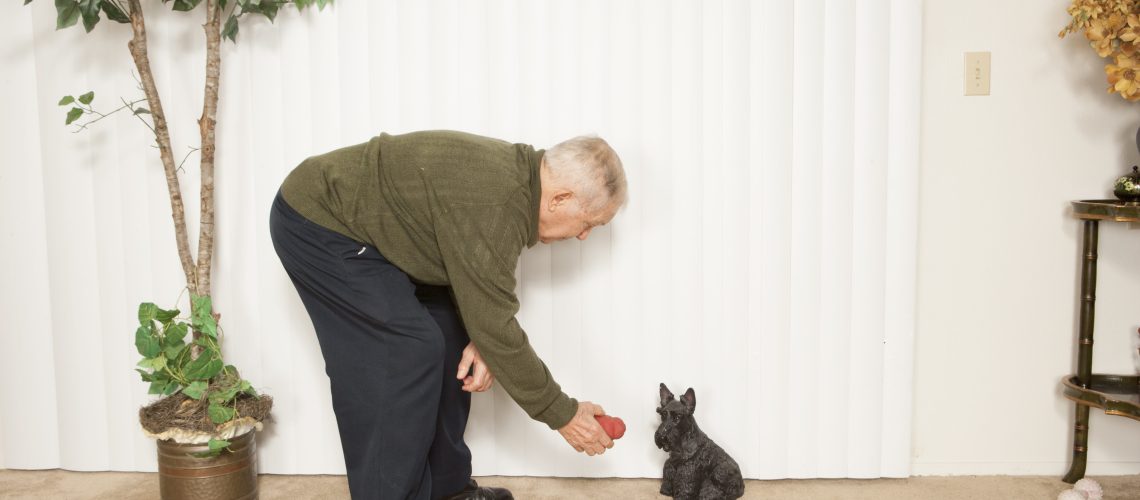Isolation can have serious effects on one’s mental and physical health. The feeling of being alone is hard at any age, but it is especially difficult for seniors. Sadly, isolation is becoming increasingly common among our seniors and will continue to increase as the senior population grows. Fortunately, there are ways we can help seniors avoid social isolation and therefore reduce the risks associated with it. Here we discuss a few.
Give a sense of purpose
If your loved one is living with you, give him or her a role in the family and some tasks to do. Your mom may not be able to cook the family dinner, but perhaps she can mix ingredients while sitting down. Matching socks and folding washcloths and other small items can help you with the laundry. It might be fun to put them in charge of sorting old family photos for albums or gathering family recipes for a cookbook. Think outside of the box to help your senior gain a sense of purpose and both you and they will be delighted.
Make transportation available
Since many seniors do not drive, a lack of transportation is one of the biggest causes of isolation. Seniors need a way to run errands, get to appointments, or visit friends and family. Offer to drive them or contact local community service programs to arrange for rides. Having the ability to be mobile will help keep them engaged in the world outside their home and allow them to maintain social connections.
Encourage community involvement
Many communities have senior centers that have planned activities, such as bingo, exercise classes, or card games. If your senior has been a regular churchgoer in the past, arrange transportation to attend the preferred place of worship. Not only is the weekly social interaction beneficial, but your loved one will also be under the watchful eye of the others, who may recognize changes that might otherwise go unnoticed.
Provide something for them to take care of
A challenge of growing older is that you aren’t caring for others as you once did. Taking care of children, a spouse, a home, or even employees is no longer a part of the daily routine. Realizing that no one depends on you can cause feelings of sadness or loneliness. One way to prevent these feelings is by caring for something, such as a pet or a plant, depending on your senior’s ability. If caring for an animal at home isn’t an option for your loved one, consider making visits to an animal shelter, as these visits can be mutually beneficial for the senior and the equally lonely animals.
Encourage hearing and vision tests
When vision or hearing is limited, your senior may be tempted to pull away from social activities rather than letting others know they are having difficulty. Encourage your senior to have their hearing and vision tested and treated regularly. A hearing aid could be the only thing standing between your senior and better social life.
Get the neighbors in on it
Have a trusted neighbor help keep your loved one company. Perhaps they may be able to dine together on occasion, get together for a board game or cards, or sit and chat for a bit. Anyone who can help with extra visits can be a great help in avoiding social isolation. If there are no neighbors available, you may want to consider hiring an in-home care provider. It is essential to provide a companion on a regular basis.
As we age, it can be harder to maintain social contact, therefore, it’s important to maintain avenues for social interaction, even if we have lost the ability to go out as we once did. Connect2Affect shares some staggering statistics on senior isolation, ways you can get involved, and even a self-assessment. To learn more about how an in-home care provider can help reduce your senior loved one’s feelings of isolation, please contact us today.


